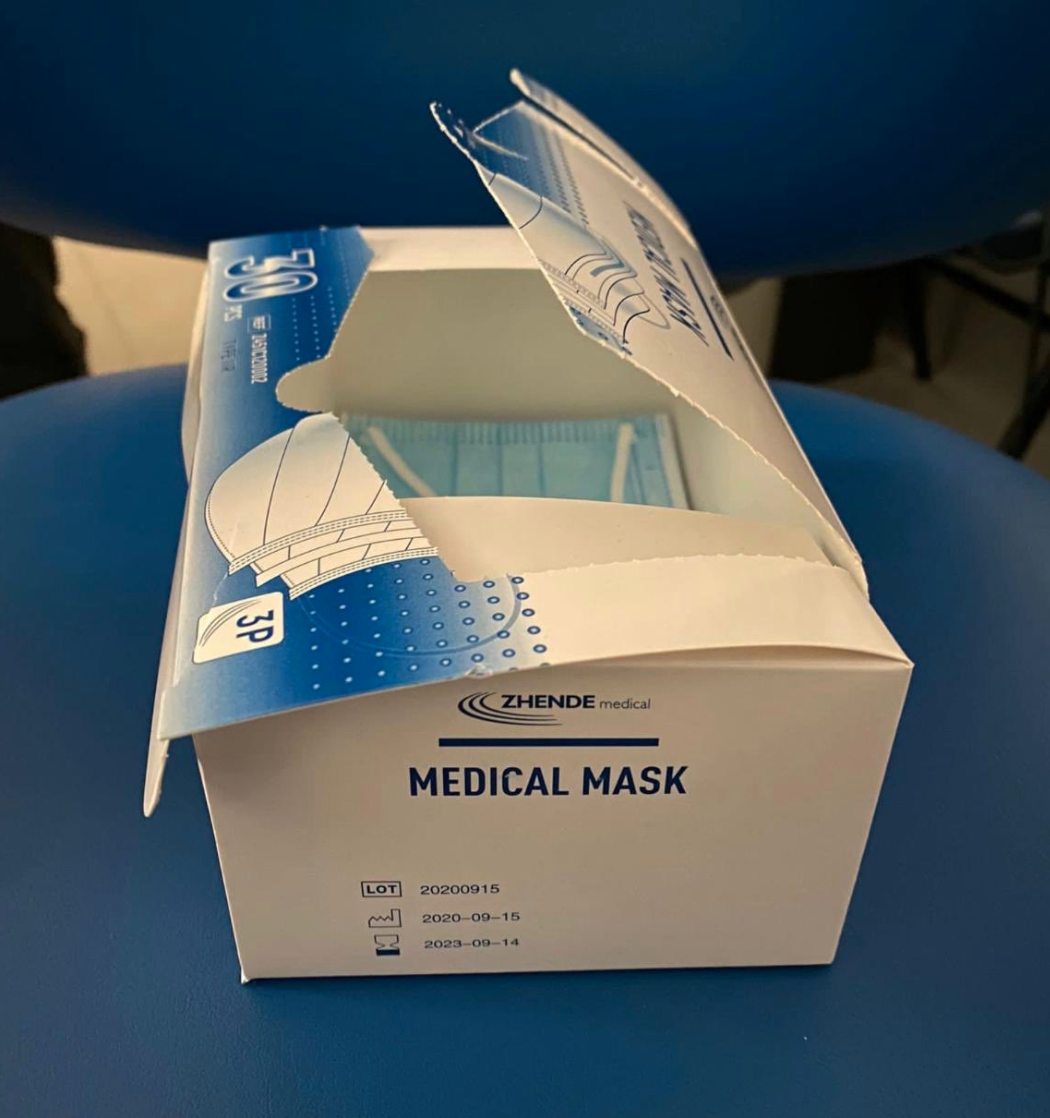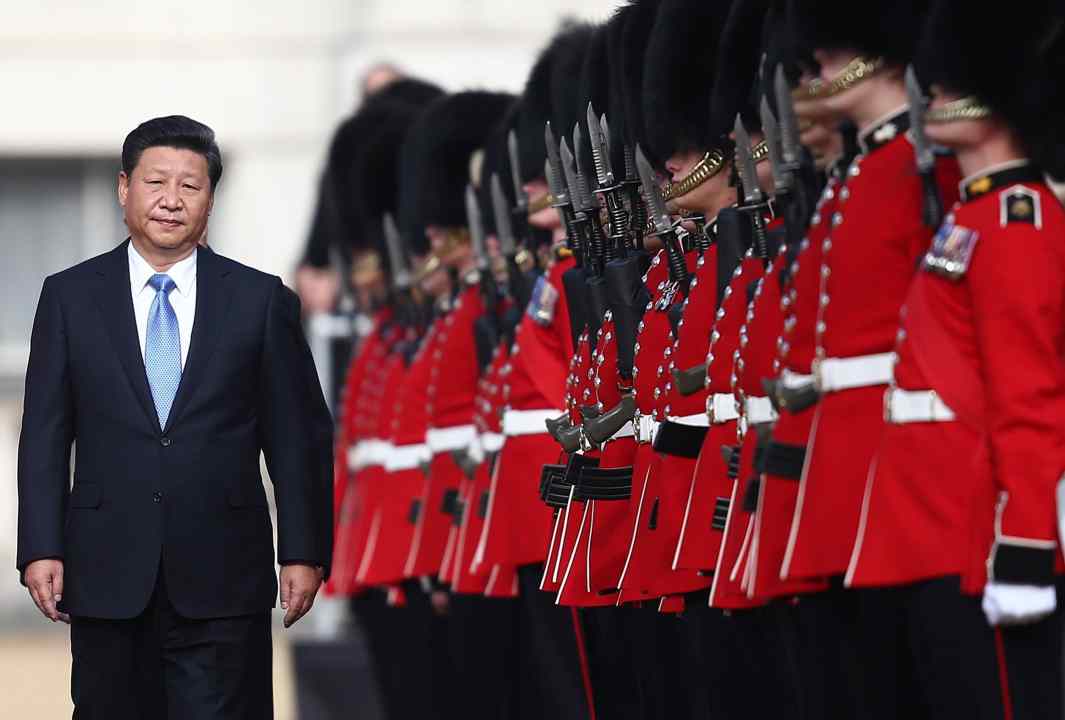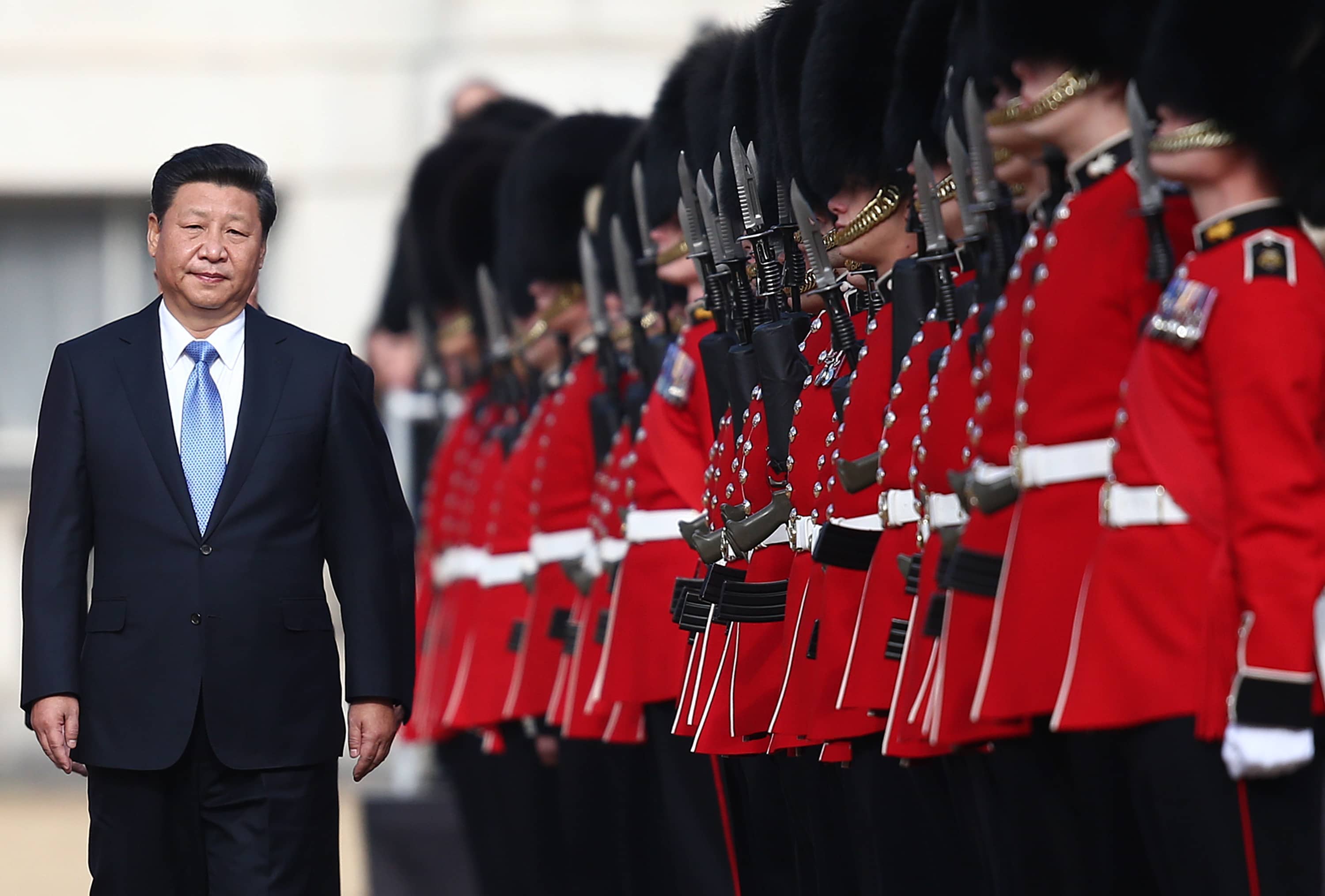There’s a mutiny underway in Westminster. After years of revelations about the conditions of Uighur Muslims in China’s Xinjiang province, momentum is building behind plans to stop the government buying health goods made in the region. On Wednesday, MPs will vote on an amendment to the health and social care bill, tabled by former Tory chief whip Lord Blencathra. It would ban NHS procurement from regions where the government believes there to be a ‘serious risk of genocide’. Ministers have already tried to buy off the rebels by proposing a review of health supply chains but ringleaders fear these don’t go far enough.
And now Mr S has seen evidence which suggests that the NHS has indeed been purchasing products made in the Xinjiang province. Research compiled by Professor Laura Murphy, one of the world’s leading expert on Xinjiang supply chains, and Nyrola Elimä shows that at least one NHS hospital has bought protective equipment from Zhende Medical Products, one of China’s leading suppliers. In 2015, Zhende built two factories in Alashankou, Xinjiang. In 2017, after the factories began production, the company announced that it would participate in the Chinese government’s ‘surplus labour’ program through which they accepted 300 transferred labourers.
Various international bodies maintain that these so-called ‘surplus labour’ programmes are, in fact, state-sponsored forced labour initiatives. Adrian Zenz, one of the world’s leading experts on Xinjiang internment camps, has previously warned in December 2020 that: ‘There is a very strong and clear moral obligation by Western governments and companies to avoid companies like Zhende, which has both sourcing and manufacturing in Xinjiang.’ Zhende denies being involved in the use of forced or compulsory labour.

A box of Zhende masks was used at King’s College Hospital in London. Murphy told Mr S: ‘It is critical that government ensure that goods made with Uighur forced labour do not enter the country. And where better to start than with the government’s own procurement? Even a random sample of medical masks has revealed Xinjiang cotton and forced labour made goods are entering the UK. We suspect there are many more products that NHS uses that can be similarly linked to forced labour in the Uighur region.’
In an answer to a parliamentary question last month, health minister Edward Argar told Layla Moray MP that ‘the United Kingdom did not purchase personal protective equipment made in factories in Xinjiang.’ Numerous reports and parliamentary questions have urged the government to do more to ensure British supply chains are not linked to human rights abuses. Support for the Blencathra amendment comes from across the political spectrum in the Conservative party, including some One Nation MPs like Damian Green, as well as high-profile critics of Beijing such as Sir Iain Duncan Smith. Outside parliament, Holocaust survivor Dorit Oliver Wolff is among those who have voiced support.
Sir Iain told Steerpike: ‘Again and again we have been told that the NHS does not buy equipment from the Uighur region. How the government can say this with any degree of confidence when they don’t test the products, is beyond me. Our doctors, nurses and patients do not want to be walking around wearing equipment made by slaves, but at the moment, they are, and our laws are too weak to stop it. The civil service and ministers can’t hide behind feigned ignorance anymore. Whether in China or elsewhere, the relentless pursuit of cheap goods made by slave labour must end now.’
A spokesperson for the Department of Health said: ‘We are taking robust action to ensure that no UK organisation, public or private, is complicit in human rights violations, and we expect all suppliers to the NHS to follow the highest legal and ethical standards. The UK is committed to ensuring that respect for human rights is built into contracts and all PPE contracts include provisions to meet this commitment.’








Comments